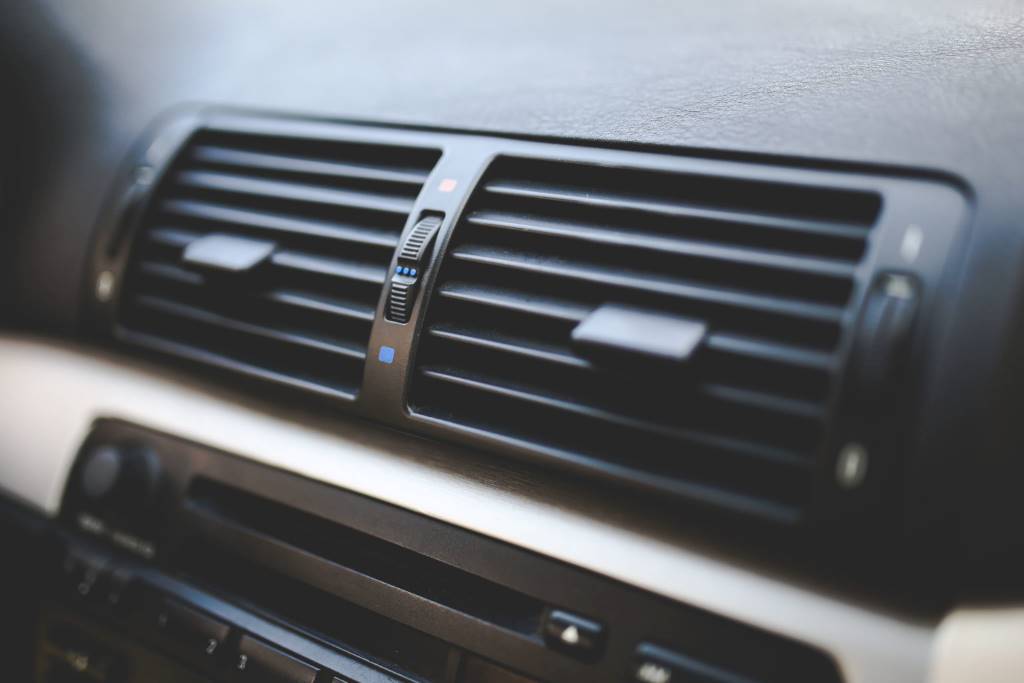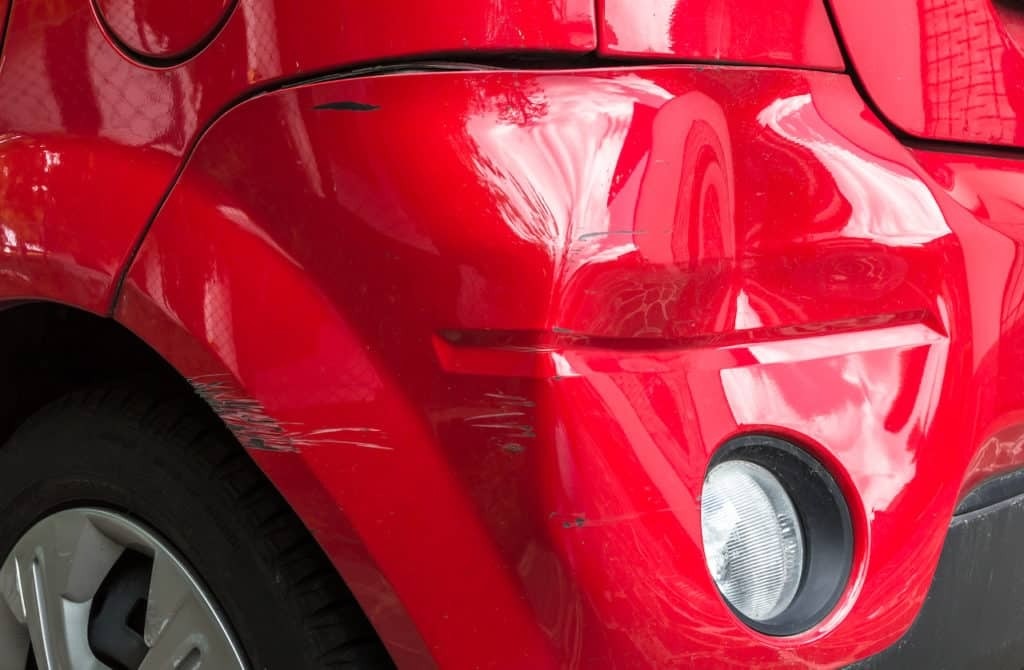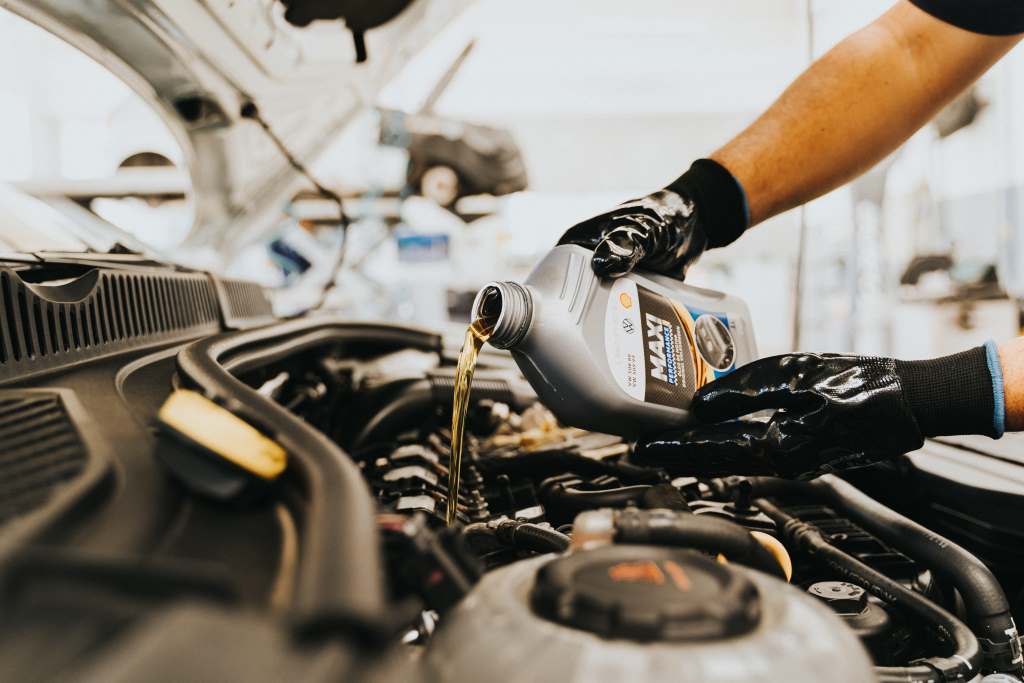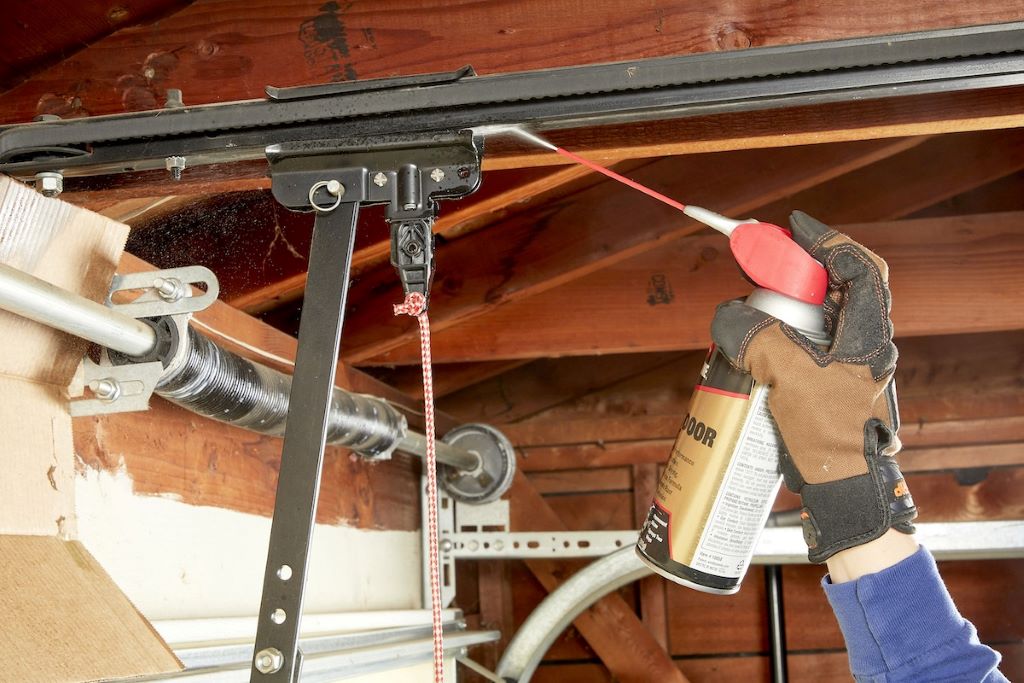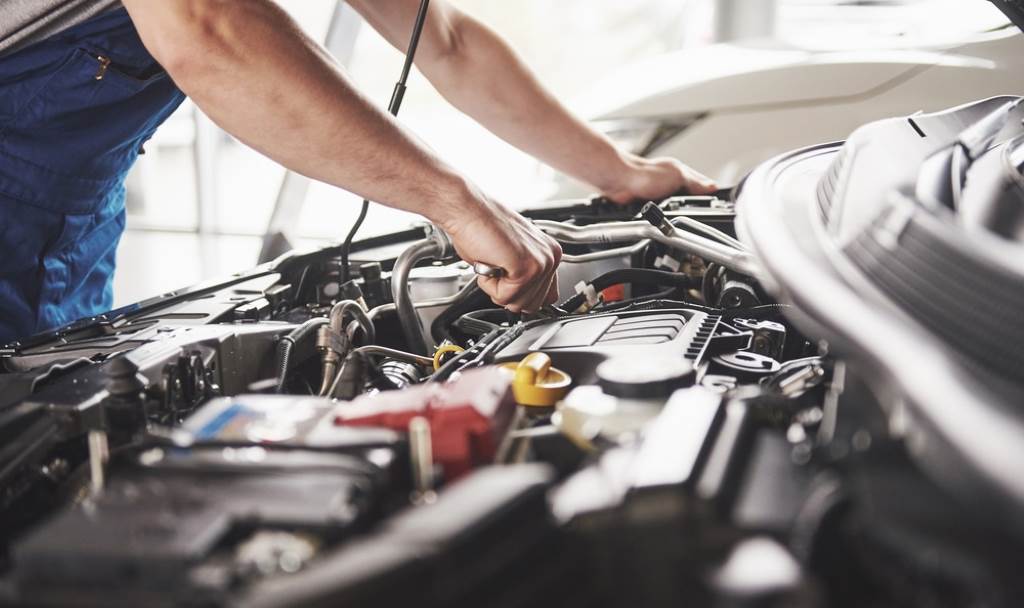Heavy-duty diesel trucks are built to conquer demanding jobs and haul enormous loads. But even the most robust trucks need regular maintenance and occasional repairs. As a truck owner or operator, it’s essential to be aware of signs indicating your diesel workhorse might need professional diagnostics. Early detection can save you from costly breakdowns and extensive repairs down the road.
Let’s delve into six common red flags that your heavy-duty diesel truck is begging for attention.
1. Strange Noises: Your Truck Is Talking, Listen Carefully
Unusual noises are often the first clue that something’s amiss. Pay attention to new sounds that seem out of the ordinary, such as:
- Grinding or Squealing: Could signify worn-out brakes, failing wheel bearings, or power steering problems.
- Knocking or Clunking: May point to engine trouble, issues with the suspension, or drivetrain components wearing out.
- Hissing or Whistling: Possible signs of a vacuum leak, air leak, or a damaged turbocharger.
Don’t dismiss odd noises; they’re your truck’s way of trying to communicate a problem.

2. Excessive Smoke: Not the Cool Kind
While some smoke from a diesel engine is expected, particularly under load, pay close attention to these signs:
- Black Smoke: Often indicates an improper fuel-to-air mixture, potentially caused by clogged air filters, faulty injectors, or turbocharger issues.
- Blue Smoke: This color usually means the engine is burning oil, possibly due to worn piston rings, valve seals, or a leaking turbo.
- White Smoke: Could be a sign of a blown head gasket, cracked cylinder head, or even water getting into the combustion chamber.
Smoke signals shouldn’t be taken lightly; they often hint at internal engine problems.
3. Stumbling Performance: When Your Truck Loses Its Pep
A sudden dip in your truck’s performance can be frustrating and worrying. Look out for:
- Hesitation or Loss of Power: This could be caused by a range of issues, including fuel system problems, clogged filters, or a failing turbocharger.
- Difficulty Starting: If your truck cranks slowly or struggles to start, it might be a sign of weak batteries, a faulty starter, or a deeper engine problem.
- Poor Fuel Economy: A drastic drop in mileage often signals that your engine isn’t running at peak efficiency. Potential causes include dirty air filters, improper tire pressure, or worn engine components.
4. Shaking and Vibrations: It’s Not a Massage Chair
Unexpected vibrations or shaking can be alarming and are certainly a sign something is wrong. Keep an eye (and a feel) out for:
- Steering Wheel Vibrations: Could point to worn suspension components, unbalanced wheels, or problems with the steering system.
- Vibrations While Braking: Often caused by warped brake rotors or unevenly worn brake pads.
- Excessive Engine Vibrations: Might indicate loose components, worn motor mounts, or more serious engine problems.
5. Warning Lights: Your Dashboard’s Cry for Help
Dashboard warning lights exist for a reason! Be sure to pay attention to these specific indicators:
- Check Engine Light: The most common warning light. It can illuminate for an array of problems, from minor sensor faults to critical engine issues.
- ABS Light: Your Anti-lock Brake System (ABS) light coming on signals a potential problem with this critical safety system.
- DPF (Diesel Particulate Filter) Light: A lit DPF light may indicate that your truck’s after-treatment system requires maintenance or regeneration.
5 Warning Signs Your Heavy-Duty Truck Needs Transmission Repair Immediately
6. Fluid Leaks: Pay Attention to Puddles
Never ignore a fluid leak under your truck. It could be a simple fix or a symptom of a larger issue. Look for:
- Engine Oil Leaks: Oil leaks can originate from various places, indicating worn gaskets, seals, or potential cracks in the engine.
- Transmission Fluid Leaks: Reddish fluid may signify a leak in your transmission system, requiring prompt attention.
- Coolant Leaks: Greenish or orange fluid leaks can signal cooling system problems, potentially leading to overheating.
What to Do When You Notice These Signs
The moment you suspect something is wrong, it’s wise to consult a qualified diesel mechanic. Modern heavy-duty trucks are fitted with complex computer systems, and proper diagnostics often require specialized tools and software. A professional diagnosis will pinpoint the root cause, saving you time, money, and the potential for a major breakdown.
Remember: Paying attention to your truck’s behavior is key to ensuring its longevity and reliability.
Let me know if you’d like more detail on any particular point!


